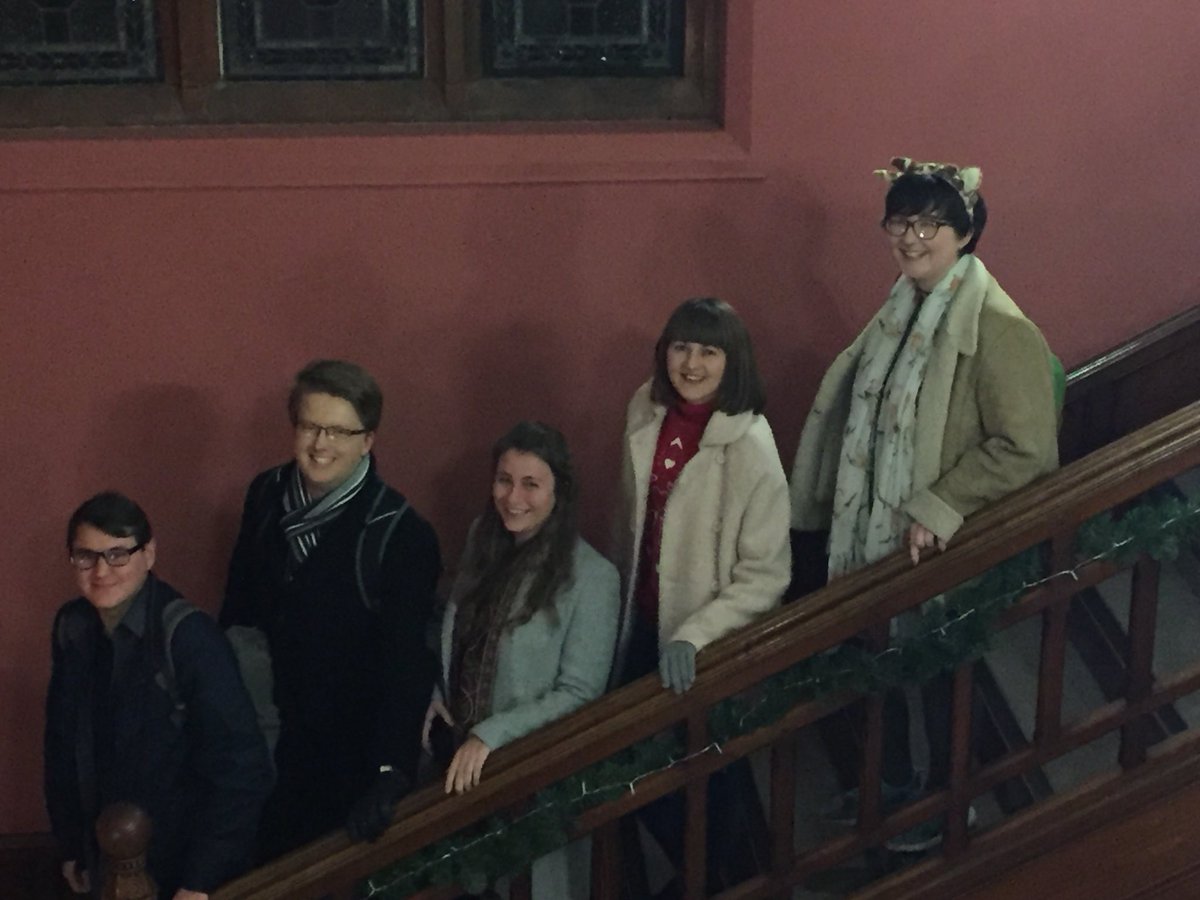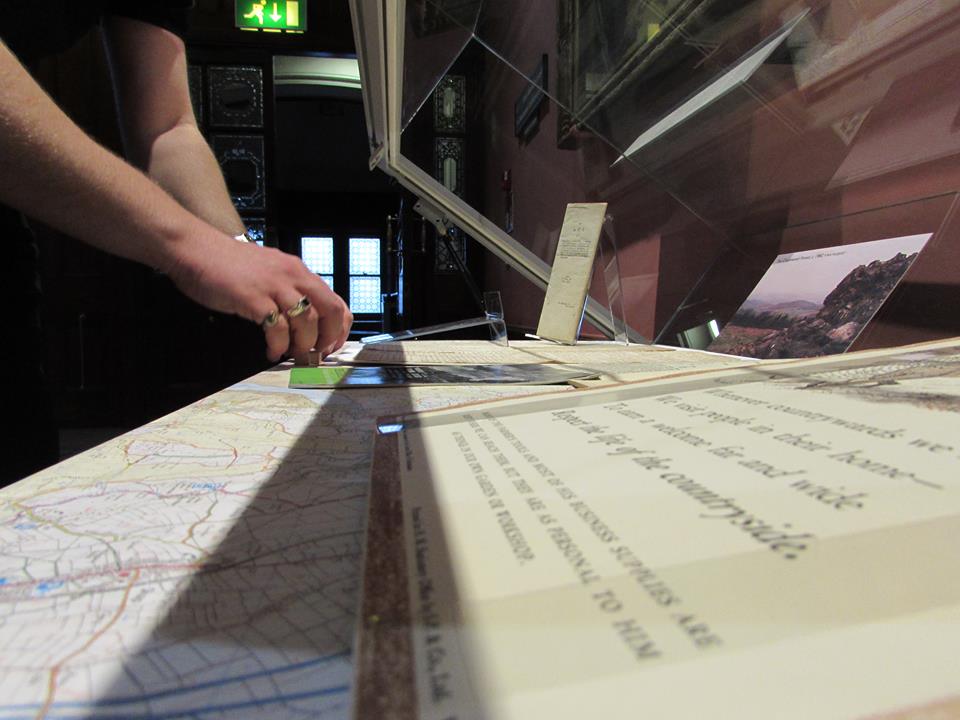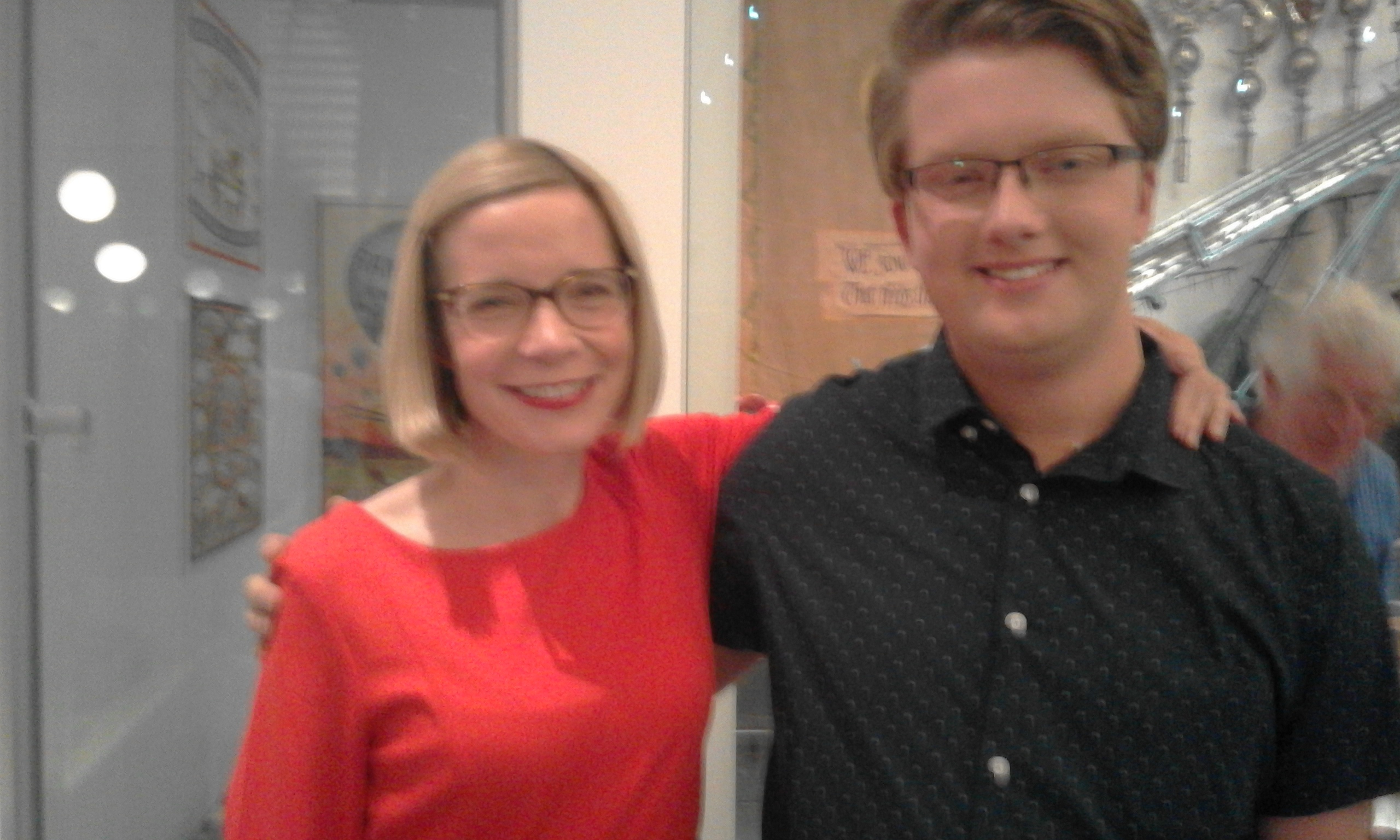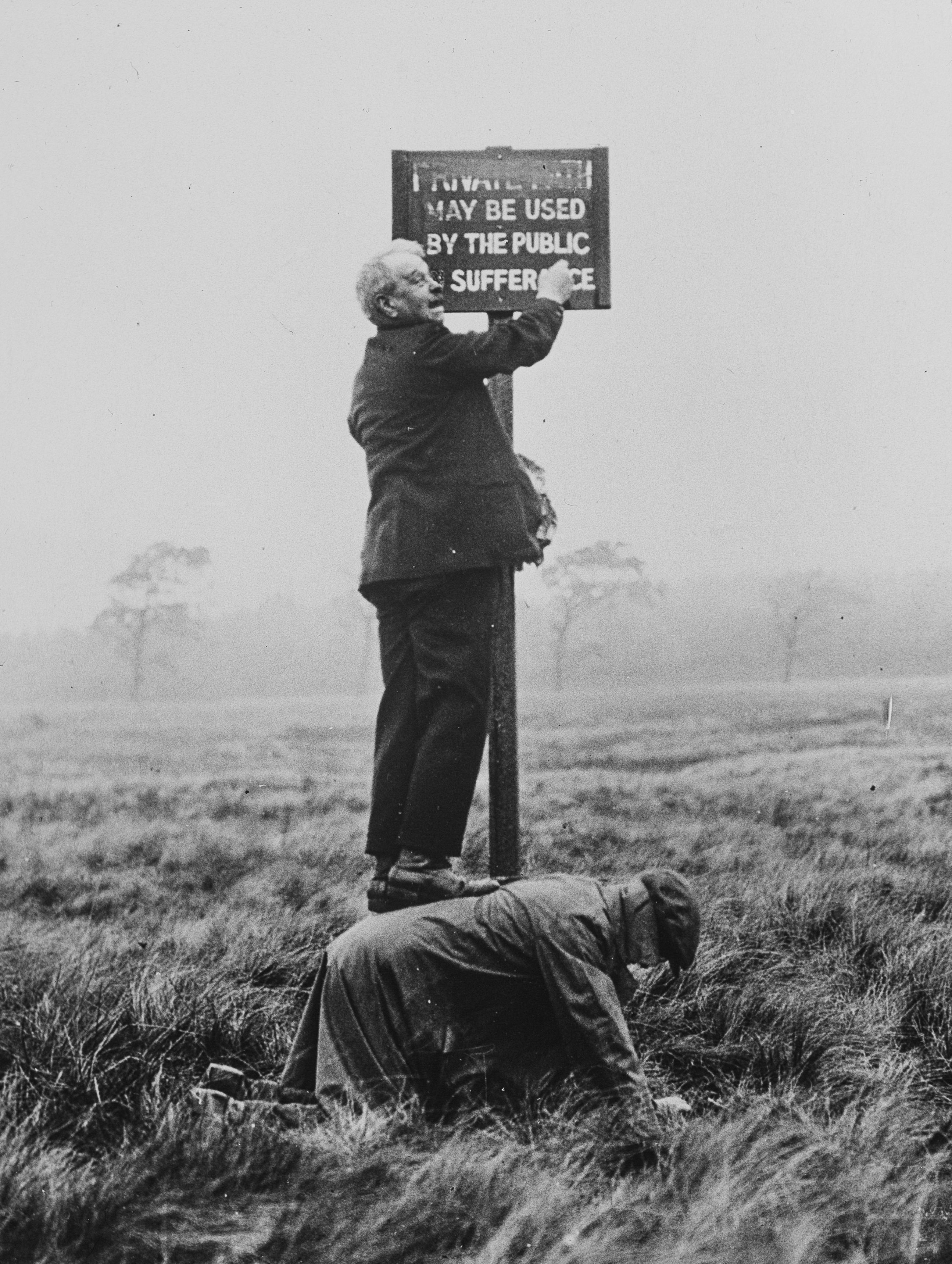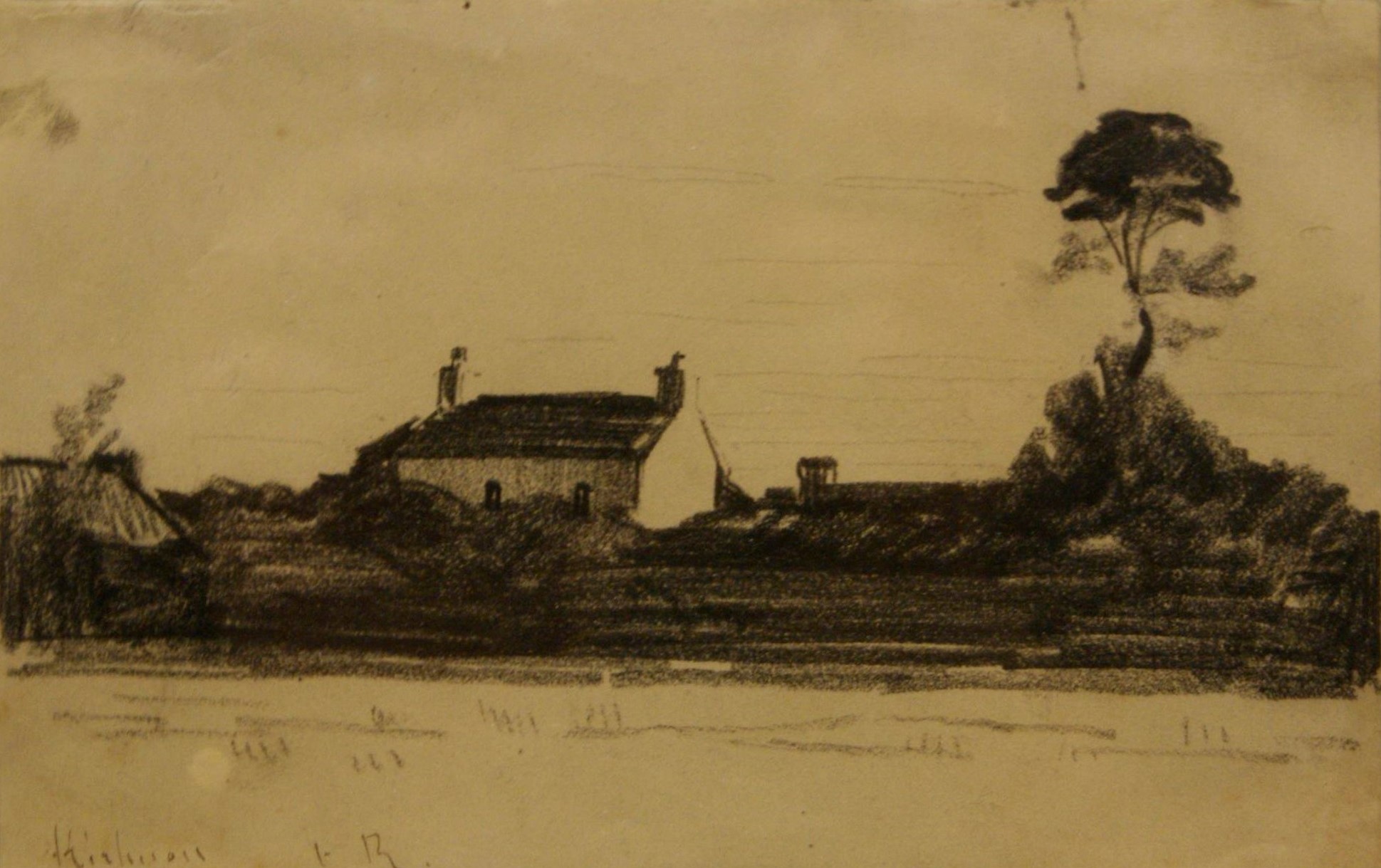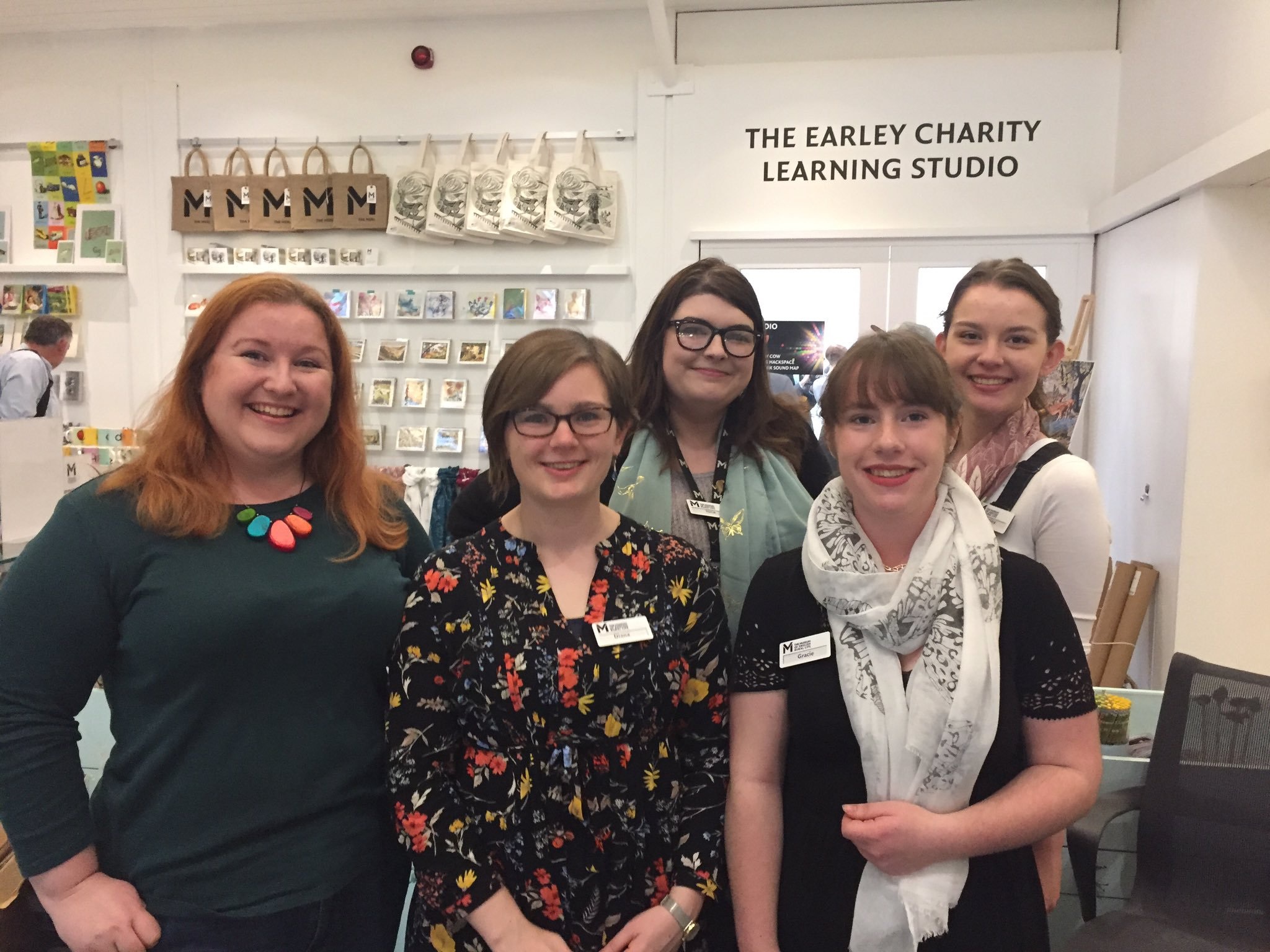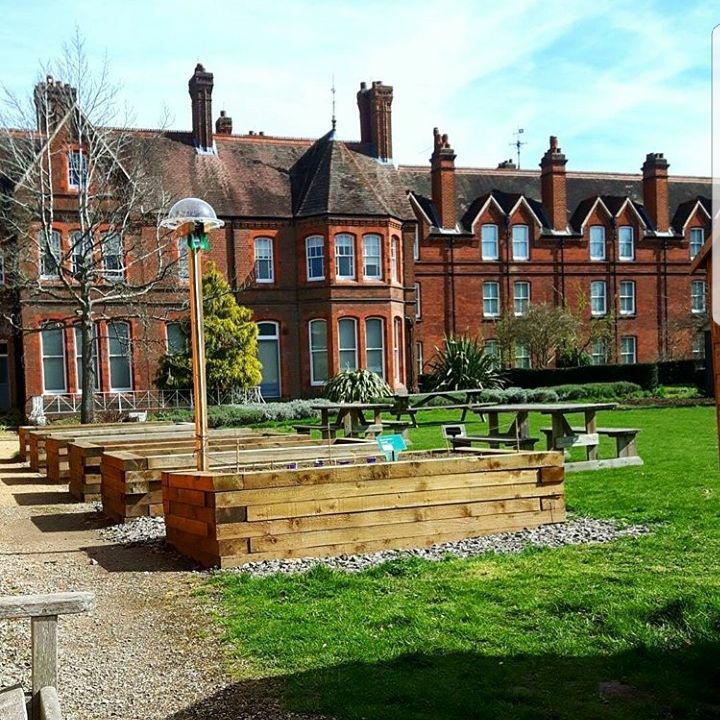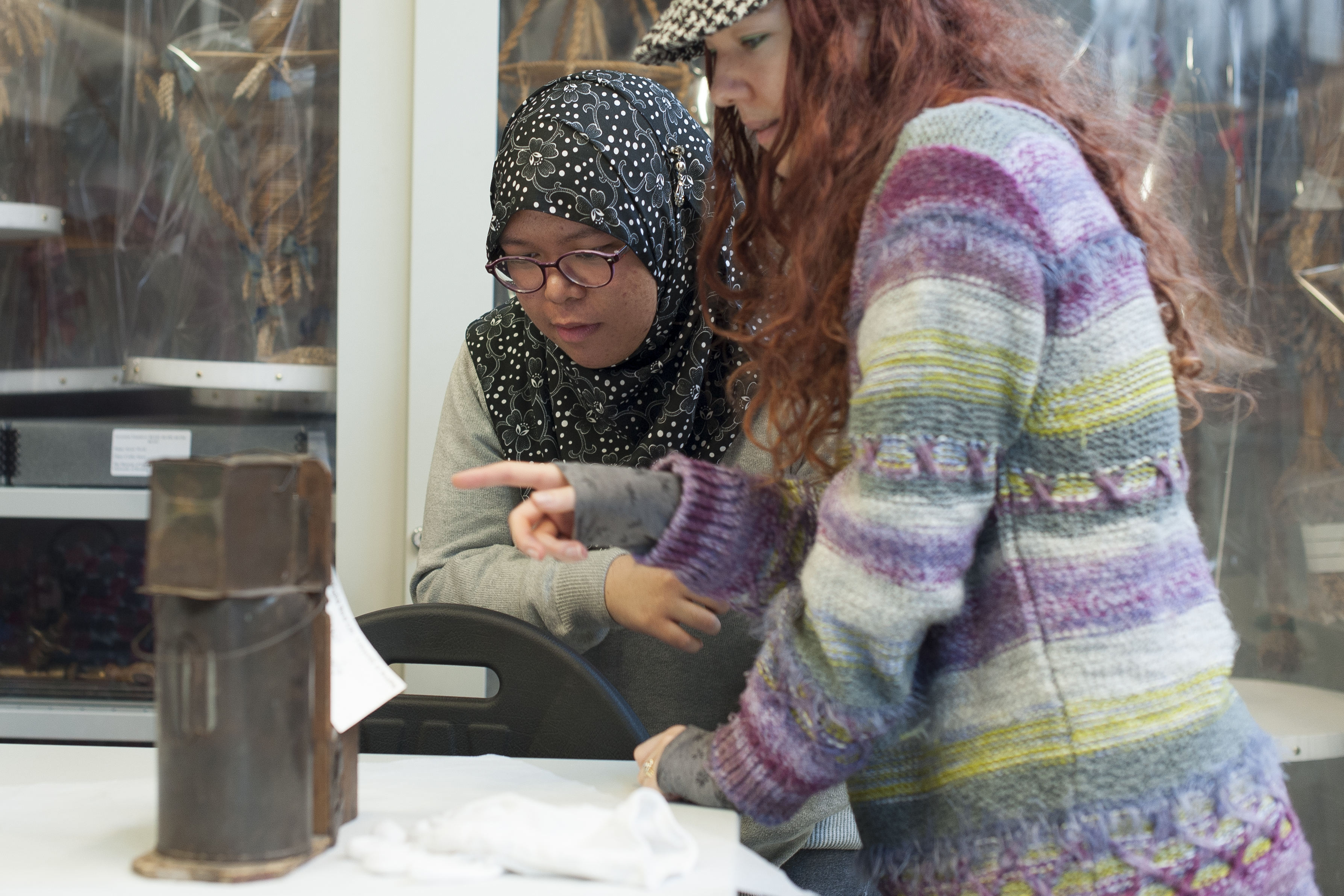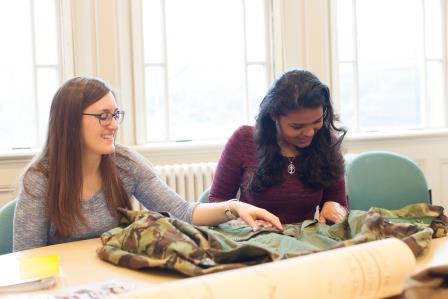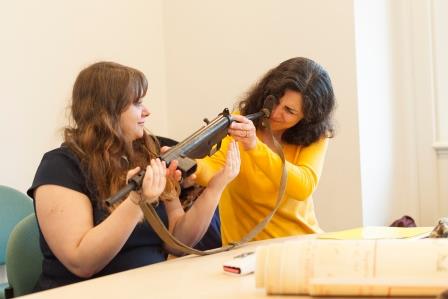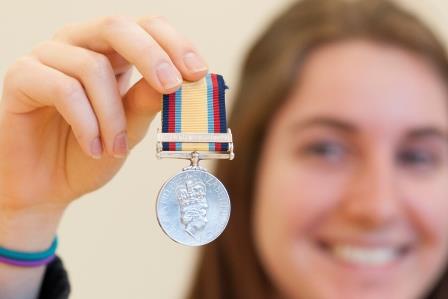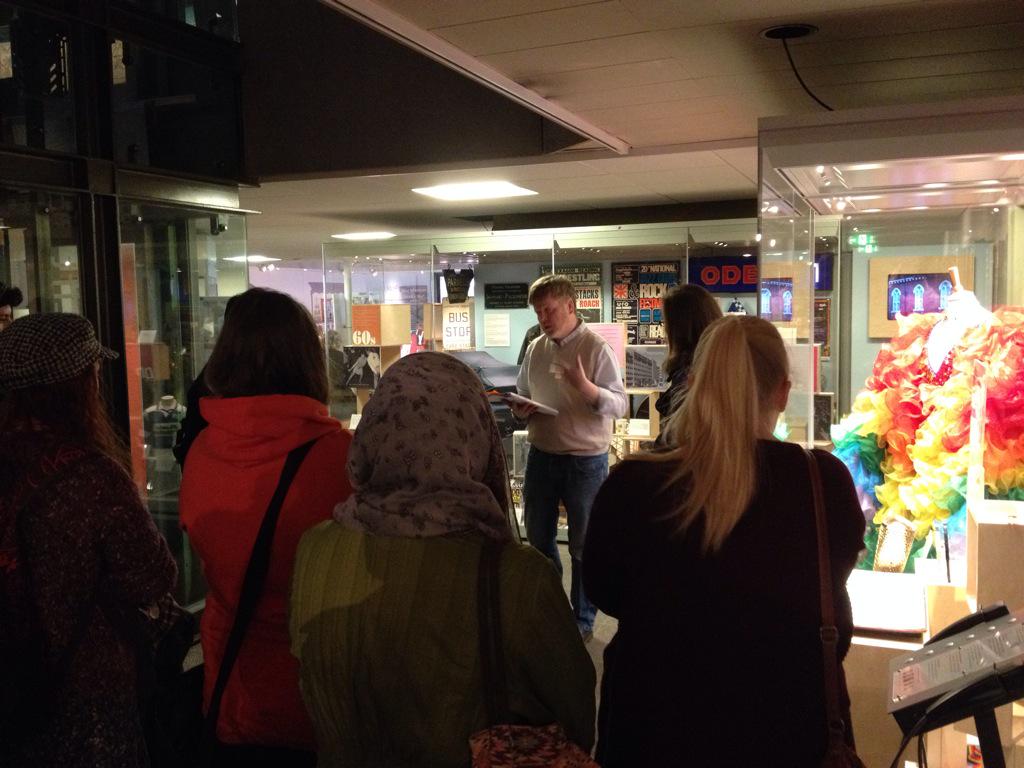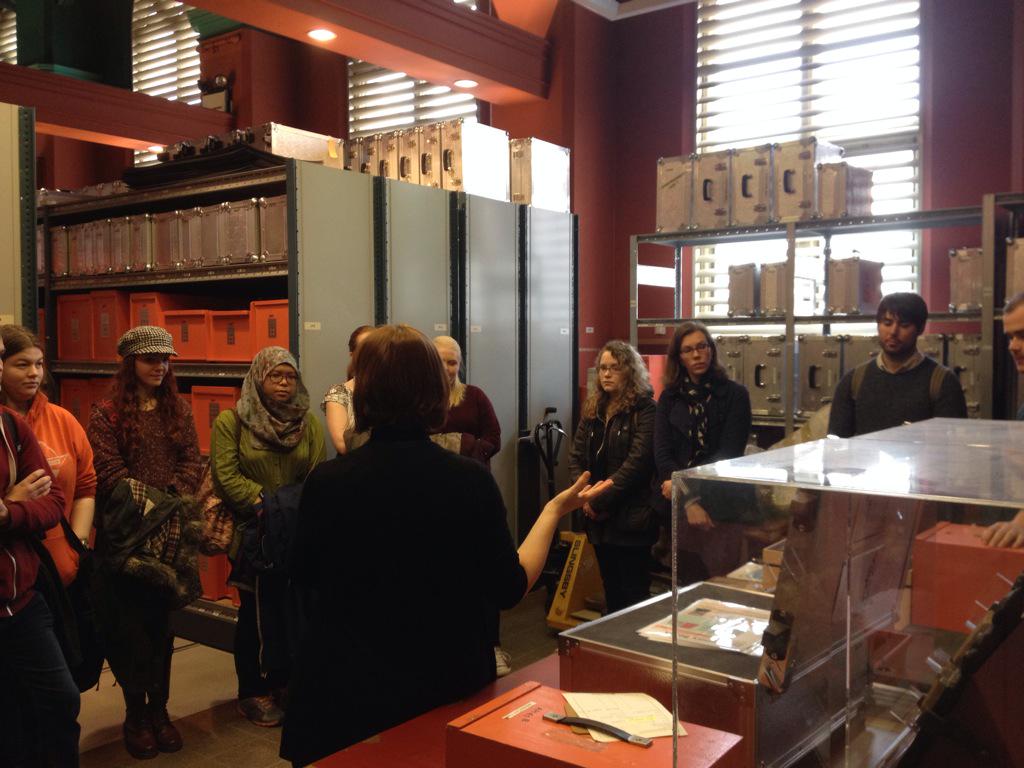Intangible Cultural Heritage is a growing area of interest in the field of heritage and museum studies. However, the UK is yet to ratify the 2003 UNESCO Convention on Intangible Cultural Heritage. Do we have intangible heritage in the UK and “how can we best explore stories, performances, poetry, folklore, mythology, and skills and knowledge of rural people?”
The Museum of English Rural Life’s lunchtime talks offer fresh perspectives and thought-provoking content about how different forms of intangible heritage might help us explore and better understand rural England. As the term progresses I’ll report back on the talks and flag up interesting projects and articles regarding intangible heritage in England and the rest of the UK.
In an ideal world we’d like you to come along in person. Seminars run 1-2pm for the MERL seminars. Each event takes place in the Conference Room at MERL. Please register in advance if you plan to come along, or contact us on the day to check there are still spaces available.

Somerset Morris: West Country Friendly Society Stave Dancers
Chloe Metcalfe, Independent Researcher
- Tuesday 21st January
- 1 to 2pm
- Free
- Register in advance
Somerset Morris has performed stave dancing across England and further afield for over 30 years. Using antique Friendly Society stave heads they perform dances resurrected from old minute books as well as newer creations. Whilst referring to the staves themselves, this talk concentrates on the team’s relationship and passion for this traditional and localised dance form. The talk was co-written with Barbara Butler, founding member of Somerset Morris
An informal pop-up display of Friendly Society pole heads (staves) from MERL’s extensive holdings will be available for viewing in the mezzanine store immediately after the Seminar.
Find out more about Chloe Metcalfe and Somerset Morris
The Full English: unlocking hidden treasures of England’s cultural heritage
Malcolm Taylor, Library Director, English Folk Dance and Song Society
- Tuesday 28th January
- 1 to 2pm
- Free
- Register in advance
The Full English is the biggest project the English Folk Dance and Song Society (EFDSS) has undertaken since the building of its headquarters in 1930. It has created and made accessible an enormous digital archive of early twentieth century English folk arts manuscripts. In this talk the Director of the Society’s Library explores how the digitisation and cataloguing process has been enhanced through rich programmes of community engagement and creativity.
There will be a pop-up exhibition in the Museum mezzanine store immediately after the Seminar, offering the chance to see a hobby horse costume with connections to EFDSS as well as other relevant material from the collections.
Find out more about England’s Cultural Heritage
Basketry skills as intangible cultural heritage
Greta Bertram, Museum of English Rural Life, University of Reading
- Tuesday 4th February
- 1 to 2pm
- Free
- Register in advance
The state of traditional craftsmanship has changed dramatically during the last century. While craft skills are recognised by UNESCO as intangible cultural heritage, in the UK there is little public awareness of such approaches. Using the example of basketry, this talk will examine the idea of heritage craft, explore values that basketmakers ascribe to their work, and look to the future of intangible craft skills.
The Seminar will be followed by an informal pop-up exhibition of baskets in the Museum’s mezzanine store and a chance to talk about MERL’s current Stakeholders project.
Find out more about intangible heritage on the MERL project blog.
Ghosts and belief: religion and folklore
Dr Paul Cowdell, University of Hertfordshire / The Folklore Society
- Tuesday 11th February
- 1 to 2pm
- Free
- Register in advance
Barely anywhere in England lacks a ghost story. This is not just a collection of local legends, but points to a complicated history of eschatological thought. This seminar, based on recent fieldwork, examines that folk eschatology. It will look at its interaction with more institutionally expressed religious beliefs, and explores the implications of the apparent disjuncture between them.
Find out more about Dr Paul Cowdell and The Folklore Society
“- I catch them at intervals – “: Knowing and Not-Knowing in “The Piper at the Gates of Dawn”
Dr Neil Cocks, Department of English Language and Literature, University of Reading
- Tuesday 18th February
- 1 to 2pm
- Free
- Register in advance
In this seminar Dr Neil Cocks will be discussing issues of language and narration in the central, mystical chapter of Kenneth Grahame’s ‘The Wind in the Willows.’
An informal pop-up exhibition of different editions of the book will be available for the audience to enjoy immediately after the Seminar.
Find out more about Dr Neil Cocks
Sounds Familiar? Exploring British Accents and Dialects’
Jonnie Robinson, Lead Curator of Sociolinguistics, British Library
- Tuesday 25th February
- 1 to 2pm
- Free
- Register in advance
Jonnie Robinson is responsible for the Library’s extensive collection of sound recordings that capture social and regional varieties of English. This talk will introduce the Library’s audio collections, resources and services and present examples from the Library’s sound archives that document British English accents and dialects.
Find out more about Jonnie Robinson
The Museum of British Folklore: A new cultural venture
Simon Costin, followed by Obby Robinson
- Tuesday 4th March
- 1 to 2pm Simon Costin & 2 to 2.45pm Obby Robinson
- Free
- Register in advance
At the moment there is no dedicated institution that explores the full richness of British custom, superstition, and tradition. The Museum of British Folklore aims to address this need. In this talk Simon Costin shares progress to date, reflecting on how the project has gained momentum in its bid to provide a physical home for a heritage that is both tangible and intangible.
The Seminar will be followed by a poetry reading in the Museum’s gallery. Obby Robinson will read from his most recent collection-“The Witch-House of Canewdon and Other Poems”. These writings draw inspiration from, and loosely improvise upon, English folklore.
Find out more about Simon Costin
The Dark Monarch: Magic and modernity in British art
Professor Alun Rowlands, Department of Fine Art, University of Reading
- Tuesday 11th March
- 1 to 2pm
- Free
- Register in advance
In 2010, Tate St Ives mounted an exhibition exploring the influence of folklore, mysticism, mythology and the occult on modern British art. In this talk Professor Rowlands revisits a performance commissioned from folk dancers and mummers and discusses how art has been used as a vehicle to explore legend and landscape.
Find out more about Professor Alun Rowlands
MERL and the BBC: Rural re-enactment and gestural reconstruction in the 1950s
Dr Ollie Douglas, Museum of English Rural Life, University of Reading
- Tuesday 18th March
- 1 to 2pm
- Free
- Register in advance
MERL’s earliest curators rapidly adopted the techniques of public history in order to salvage a way of life seen to be disappearing and cement a technology-centred approach to the past. During the 1950s, their short set-piece re-enactments played a prominent role in television broadcast contexts. This talk explores how reconstructive approaches to rural objects provided insight into the less tangible world of past gestures and actions.
This Seminar will be followed by a small pop-up exhibition in the Museum’s mezzanine store featuring objects used in television recordings or with connections to radio.
Find out more about Dr Ollie Douglas


